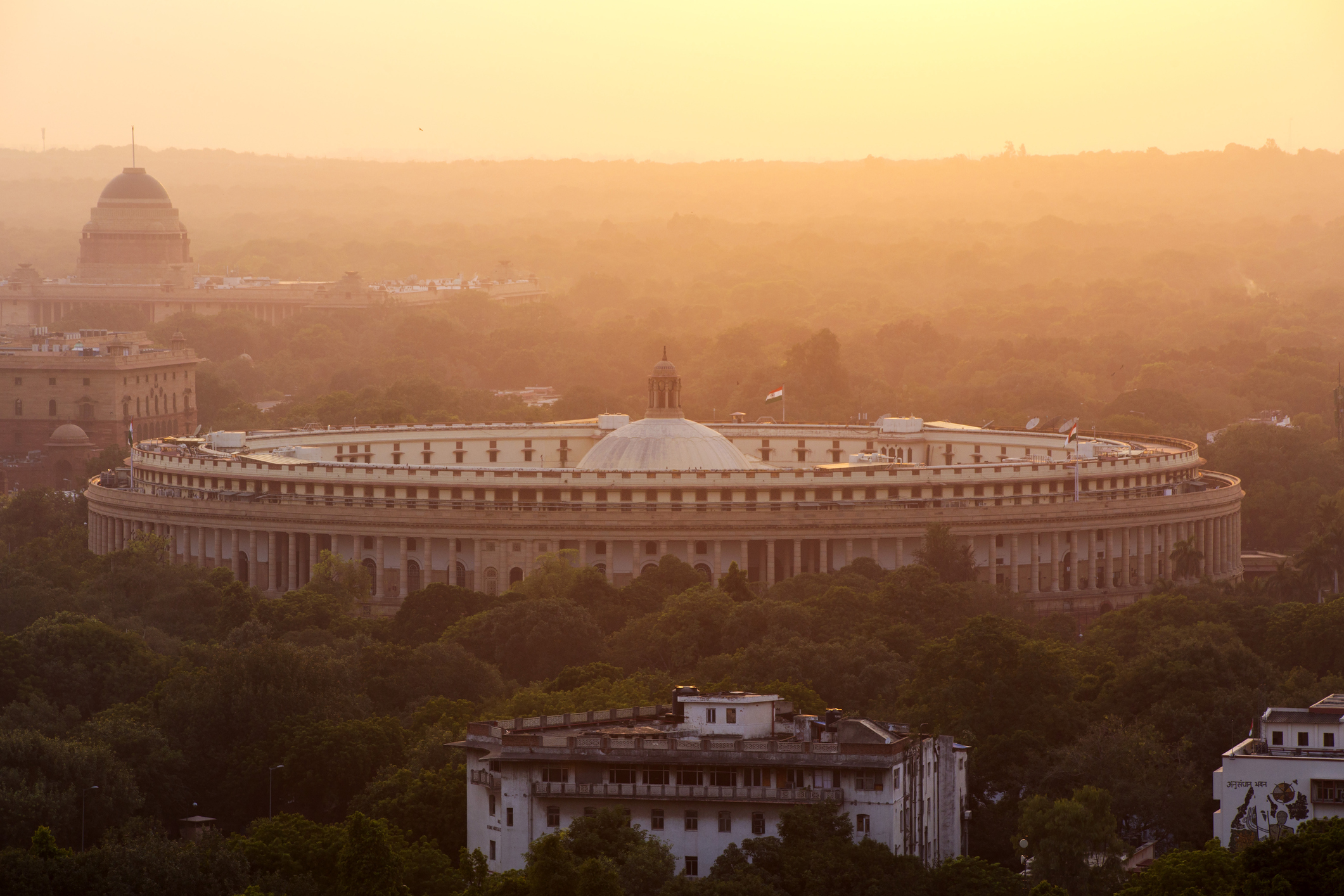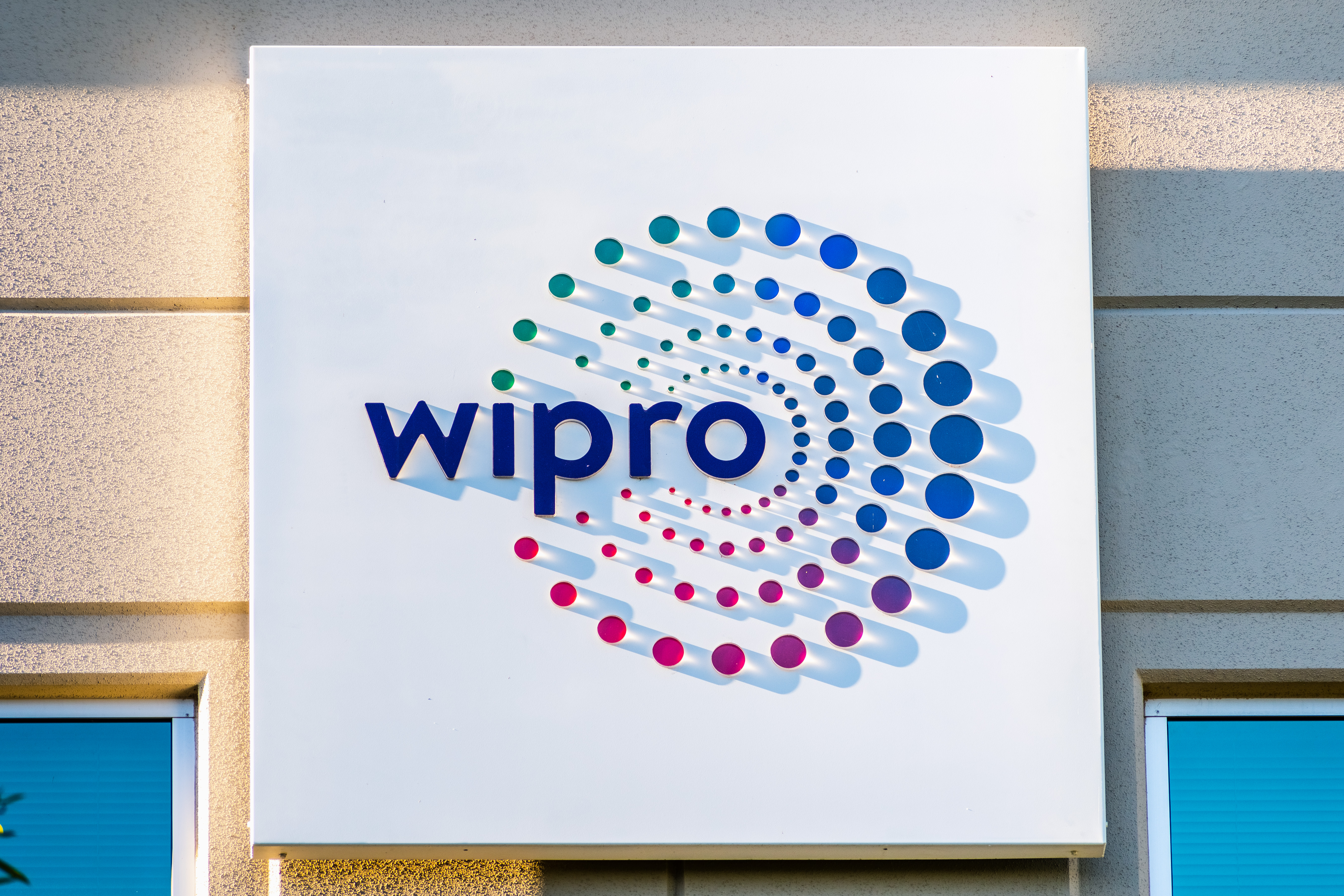India scraps privacy bill following big tech outcry
However, the government is developing a new bill which it hopes to bring into law early next year


India has withdrawn its controversial data protection and privacy bill that caused alarm among big tech companies, with the aim of developing a new law instead.
The Personal Data Protection Bill, first proposed in 2019, contained rules on cross-border data flows, and considered allocating the Indian government powers to obtain user data from companies, as reported by Reuters.
A government notice declared yesterday the decision was due to a parliamentary panel review of the proposed law, which suggested making a number of amendments. Because of the changes involved, the notice said there was a need for a new comprehensive legal framework, sparking the government into plans to present fresh legislation.
The government had already begun drafting the new bill, which is in its advanced stages. The finer details of the bill and how it differs will be published very soon, the IT minister Ashwini Vaishnaw told Reuters.
He added the government is aiming to get the bill approved and made into law by early 2023 during the parliament’s budget session, which usually runs between January and February.
Originally, the 2019 privacy bill aimed to protect Indian citizens and create a data protection authority, but caused concern among big tech companies, as they were worried it could increase their data storage and compliance burden requirements.
When asked whether stakeholders will be consulted on the new bill that's in development, Vaishnaw said the process won’t be that long as the parliamentary panel that reviewed the previous bill had already completed the process of gathering industry feedback.
Sign up today and you will receive a free copy of our Future Focus 2025 report - the leading guidance on AI, cybersecurity and other IT challenges as per 700+ senior executives
The Indian government’s approach to privacy forced WhatsApp to file a lawsuit in May 2021 in a bid to block regulations that would compel the Facebook-owned company to break privacy requirements for its users. The case declared that the country’s new internet laws violate privacy rights in the country’s constitution as it requires social media companies to identify the "first originator of information" when authorities demand it.
Additionally, India’s cyber security rules were criticised by the Internet and Mobile Association of India (IAMAI) in June 2022, with the critics saying it would create an environment of fear rather than trust. The technology industry body, which represents organisations such as Google and Facebook, called for a one-year delay before the rules were set to take effect.
Zach Marzouk is a former ITPro, CloudPro, and ChannelPro staff writer, covering topics like security, privacy, worker rights, and startups, primarily in the Asia Pacific and the US regions. Zach joined ITPro in 2017 where he was introduced to the world of B2B technology as a junior staff writer, before he returned to Argentina in 2018, working in communications and as a copywriter. In 2021, he made his way back to ITPro as a staff writer during the pandemic, before joining the world of freelance in 2022.
-
 The modern workplace: Standardizing collaboration for the enterprise IT leader
The modern workplace: Standardizing collaboration for the enterprise IT leaderHow Barco ClickShare Hub is redefining the meeting room
-
 Interim CISA chief uploaded sensitive documents to a public version of ChatGPT
Interim CISA chief uploaded sensitive documents to a public version of ChatGPTNews The incident at CISA raises yet more concerns about the rise of ‘shadow AI’ and data protection risks
-
 Boomi snaps up former MuleSoft executive as APJ channel lead
Boomi snaps up former MuleSoft executive as APJ channel leadNews Global software veteran Jim Fisher will work to expand the company’s channel operations across the region
-
 Why Microsoft Teams has only just launched in China
Why Microsoft Teams has only just launched in ChinaNews The tech giant has officially launched Teams via its local partner in China, after it was launched globally in 2017
-
 UK startup's Equinix deal marks step towards broad quantum computing access
UK startup's Equinix deal marks step towards broad quantum computing accessNews Businesses around the world will be able to use its quantum computing as a service platform through Equinix
-
 MI5 to establish new security agency to counter Chinese hacking, espionage
MI5 to establish new security agency to counter Chinese hacking, espionageNews The new organisation has been compared to GCHQ’s NCSC, and will provide companies advice on how to deal with Chinese companies or carry out business in China
-
 UK set to appoint second-ever tech envoy to Indo-Pacific region
UK set to appoint second-ever tech envoy to Indo-Pacific regionNews The role will focus on India after Joe White was made the first technology envoy, a role focused on the US, in 2020
-
 Wipro faces criticism after cutting graduate salaries by nearly 50%
Wipro faces criticism after cutting graduate salaries by nearly 50%News Graduates were given days to decide whether they would accept greatly reduced pay offers, prompting union action
-
 Freshworks appoints Sandie Overtveld as new SVP of APJ and MEA
Freshworks appoints Sandie Overtveld as new SVP of APJ and MEANews The digital transformation veteran brings years of regional expertise to lead Freshworks’ growth strategy
-
 Suncorp signs three-year Azure deal to complete multi-cloud migration by 2024
Suncorp signs three-year Azure deal to complete multi-cloud migration by 2024News The financial services firm seeks to wind down its on-prem data centres and wants 90% of its workloads in the cloud by the end of the year
